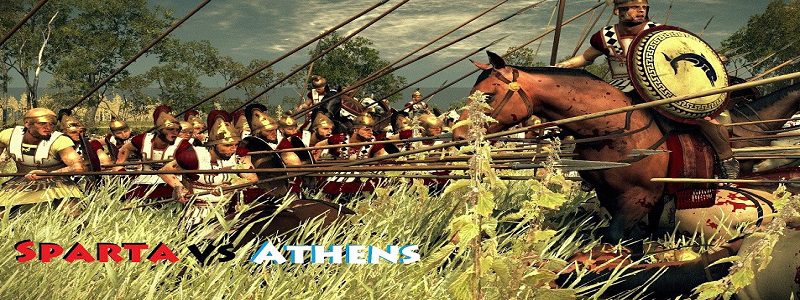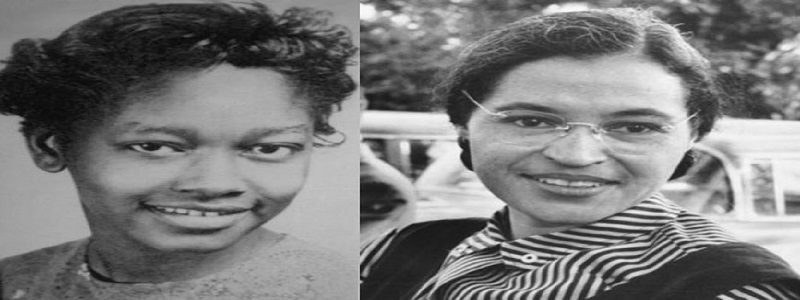Athens vs. Sparta: An Argument-Based Project, with Documents, Debates, and Discussion
Overview
Ancient Greece is often considered the birthplace of Western Civilization. When we study the place and time of ancient Greece — in, for example, Humanities, World Studies, European History, Civics, or Government — we are studying seminal antecedents of the United States — social, cultural, educational, political. One angle in this content is to contrast the primary city-states, and Peloponnesian War antagonists, Athens and Sparta.
This multi-layered argument-based project has students study the two city-states through five domains of these comparable but contrasting societies: economy, education, government, military, and treatment of women & slaves. Students engage in close examination of primary and secondary documents, extensive written and oral discussion of the arguments in these documents, and Table Debates (with an argumentative writing component).
Information Clustering & Understanding Photosynthesis
Overview
Photosynthesis is one of the most essential natural processes studied in biology. Students can understand very little about plants, trees, vegetation, and crops without understanding the process by which they convert sunlight and its energy, in combination with carbon dioxide and water, into carbohydrates and oxygen (and a bit of gaseous water).
This activity builds students’ understanding of the process of photosynthesis by having them cluster information about the process of photosynthesis, having them critique other students’ information clustering, and then finally having them respond to other students’ critiques.
Argument-Based Math Talks
Overview
Math Talks have become a go-to routine for many math teachers in their response to the new wave of math standards that call for a much greater emphasis on requiring students to justify their solutions, to communicate their mathematical reasoning, to make arguments with math, and to think critically about the mathematical reasoning and arguments of others.
Shaping Arguments on Whether We Face a Severe Shortage of Global Natural Resources
Overview
There are 7.5 billion people in the world today. In little more than 10 years, those who study population trends tell us that there will be 8.5 billion people, and a substantially higher percentage of them will be what Americans would identify as “middle class,” with the concomitant demand for natural resources to support their comfortable lifestyle. A dominant environmental problem of our time is climate change, but there are even more long-standing questions over whether the world is running out or has acute shortages of natural resources (such as water, energy, food) that haven’t gone away just because they have been eclipsed in media coverage and American public consciousness by global warming.
This argument-based project focuses on the issue of global shortages of fundamental natural resources for the world’s population, now and in the near future. This project addresses a set of Next Generation Science Standards, the specifics of which depend on the grade level in which it is implemented, along with literacy standards, such as those in the Common Core. It applies the Shaping Arguments format, which we’ve introduced as a format that can be used for highly accessible, non-academic topics as a means of increasing students’ comfort-level with argument language, forms, and practices, but (as this project demonstrates well) can also be used with standard academic content.
Claudette Colvin, Civil Rights History, and Argument-Based Dramatic Interpretations
Overview
The National Book Award winning biography, Claudette Colvin: Twice Toward Justice (Macmillan, 2009), by Phillip Hoose, tells the story of a relatively unknown figure in the early Civil Rights Movement. In March of 1955 Claudette Colvin, then fifteen, enacted Montgomery, Alabama’s first bus protest, refusing to give up her seat to a white woman. She was arrested, spent several hours in jail, and was fined. Her classmates and community didn’t know exactly how to react to what she did at first – it was a spontaneous act of angry protest – though within the next nine months the bus boycott became a reality.






